U.S. President Donald Trump (left) and Vietnamese President Nguyễn Phú Trọng (right) pose for a photo at the Presidential Palace in Hanoi, Vietnam, on February 27, 2019. (Photo by Dien Bien/Getty Images)
[People News] The power struggle between China and the United States in Southeast Asia has long drawn attention. Observers noted that on Friday (April 18), Vietnamese Prime Minister Phạm Minh Chính stated that Vietnam and the U.S. have a “unique bond” and that the relationship between the two countries is “different from that with other nations.” This statement came just three days after Chinese Communist Party (CCP) leader Xi Jinping wrapped up a high-profile visit to Vietnam on April 15, during which he urged Vietnam to jointly resist American “bullying.”
According to Dajiyuan, Xi visited Vietnam on April 14 and 15 and held talks with Nguyễn Phú Trọng, General Secretary of the Communist Party of Vietnam. During the meeting, Xi called on Trọng to jointly oppose “unilateral bullying actions and defend the global free trade system and the stability of industrial and supply chains”—a clear reference to tariff policies initiated by former U.S. President Donald Trump.
However, Vietnamese leaders responded rather lukewarmly to Xi’s appeal, underscoring the country’s cautious diplomatic strategy amid U.S.-China rivalry.
Up Media reported that Xi’s visit aimed to build an “anti-U.S. alliance,” but Vietnam was not receptive. The joint statement issued by both sides was vague, only mentioning “opposition to hegemony and power politics”—phrasing Vietnam often uses to implicitly criticize China’s actions in the South China Sea.
The meeting drew attention from President Trump, who told reporters at the White House that Xi’s meeting with Vietnamese leaders was intended to harm the United States.
Vietnam is currently engaged in trade negotiations with the Trump administration, hoping to avoid heavy U.S. tariffs. According to Bloomberg, Vietnam’s government website posted on Friday that Prime Minister Phạm Minh Chính, who had hosted Xi earlier in the week, stated that the Vietnam-U.S. relationship is distinct from Vietnam’s ties with other nations.
Phạm Minh Chính made this remark during a meeting in the capital with Jeffrey Perlman, Chairman of the U.S.-ASEAN Business Council. U.S. Ambassador to Vietnam Marc Knapper also attended the meeting.
On April 2, Trump announced a global tariff plan that includes a 46% reciprocal tariff on Vietnamese goods. Following this, Vietnam became one of the first countries willing to enter into trade talks with the U.S. On April 9, Trump announced a 90-day suspension of the reciprocal tariffs for certain countries, including Vietnam, to allow negotiations to proceed.
According to a Vietnamese government announcement, Phạm Minh Chính stated, “Vietnam has significantly addressed U.S. concerns through proactive tax reductions and increased imports of American goods, and is ready at any time to engage in discussions and negotiations.” He emphasised that Vietnam seeks to establish a “sustainable and balanced trade relationship” with the U.S.
In his statement, Phạm Minh Chính said, “The relationship between Vietnam and the U.S. is special, with a unique bond, and different from Vietnam’s relations with other countries.”
In recent years, the U.S. has become Vietnam’s most important export market. Vietnam serves as a major manufacturing base for many Western companies and recorded a trade surplus with the U.S. exceeding $123 billion last year.
On April 4, Vietnamese General Secretary Nguyễn Phú Trọng held a phone call with President Trump. Trump later stated that Trọng pledged to reduce tariffs on American goods to zero if the two sides could reach an agreement. The Vietnamese government reported that Trump and Trọng agreed to continue discussions “to sign a bilateral tariff agreement as soon as possible,” and added that Trump accepted an invitation to visit Vietnam soon.
The U.S. has accused China of using Southeast Asian countries like Vietnam to reroute goods to the U.S. in order to evade tariffs. According to Reuters, after Trump announced the 46% tariff on Vietnam, Vietnam’s Government Office held an emergency meeting to discuss how to respond to U.S. accusations that Vietnam is helping China evade tariffs and steal intellectual property.
Bloomberg and The Wall Street Journal recently cited sources saying the Trump administration plans to use ongoing tariff negotiations to pressure trade partners to limit commerce with China, aiming to prevent Beijing from circumventing U.S. tariffs.
Political commentator Tang Jingyuan noted that while Xi Jinping’s visit appeared impressive on the surface, it “lacked substance.” Of the 45 agreements signed, most involved unilateral concessions from China—for example, China funding railway projects and exporting AI technology—while Vietnam offered little in return.
Tang added that Vietnam certainly won’t reject these generous offers, but it’s also unwilling to risk being used by China to disguise the origin of goods. Vietnam is fully aware that its economic prosperity depends on the U.S., not China.
CNA (Central News Agency) further pointed out that Xi Jinping’s attempt to rally ASEAN countries into an anti-U.S. alliance is unlikely to succeed. Most Southeast Asian countries, including ASEAN members, are more concerned about avoiding alignment with China that might jeopardise ongoing tariff talks with the U.S.
Shi Yinhong, a professor at Renmin University of China, also warned that Southeast Asian leaders understand well that if they side too openly with China, they risk retaliation from Trump.

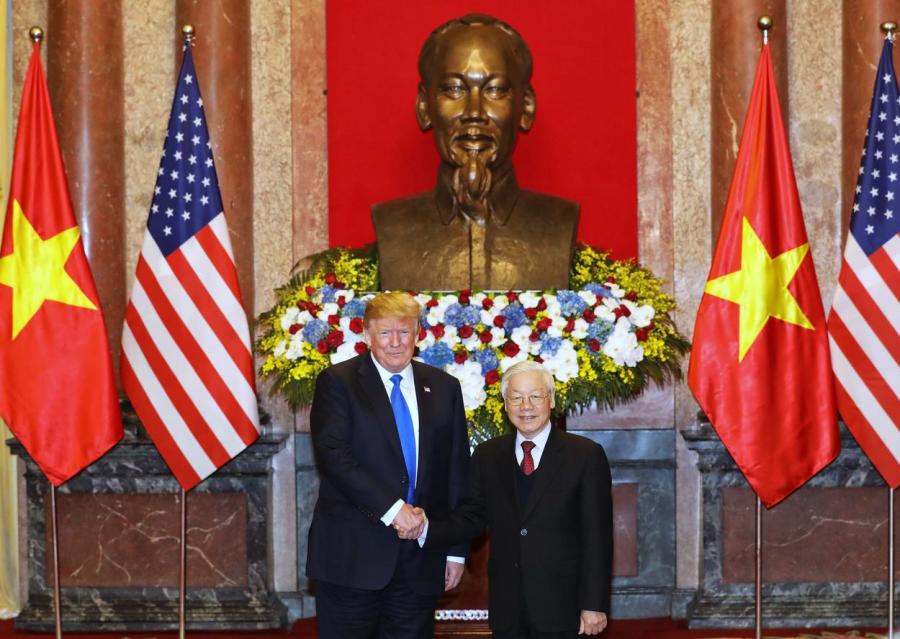
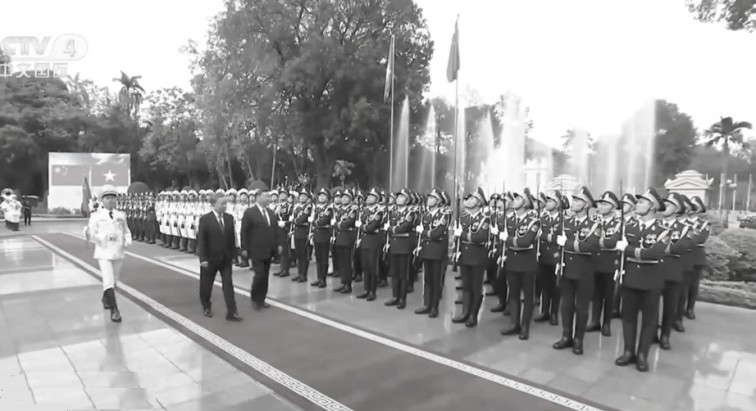
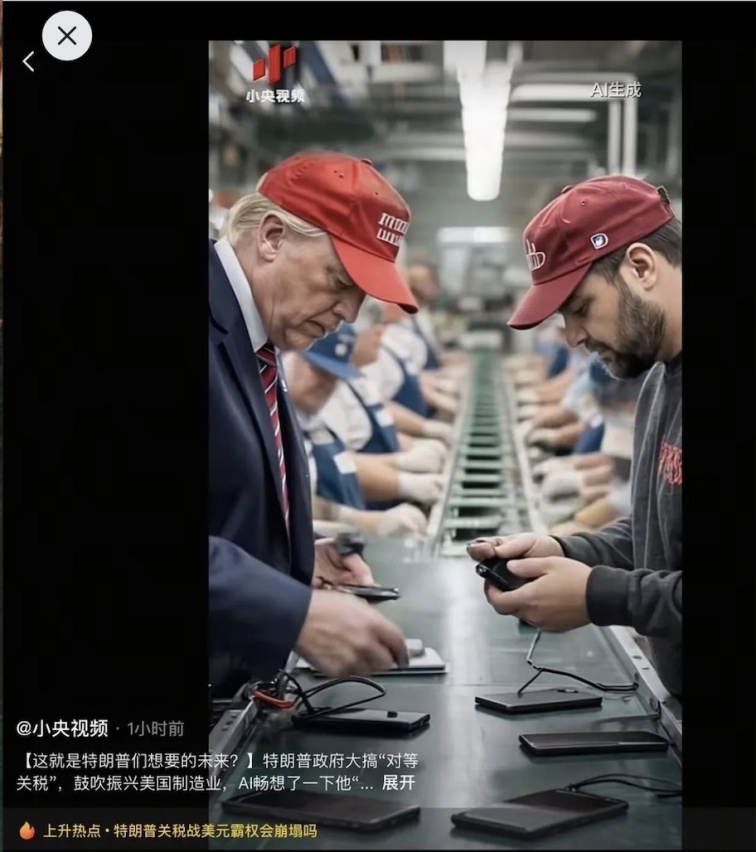
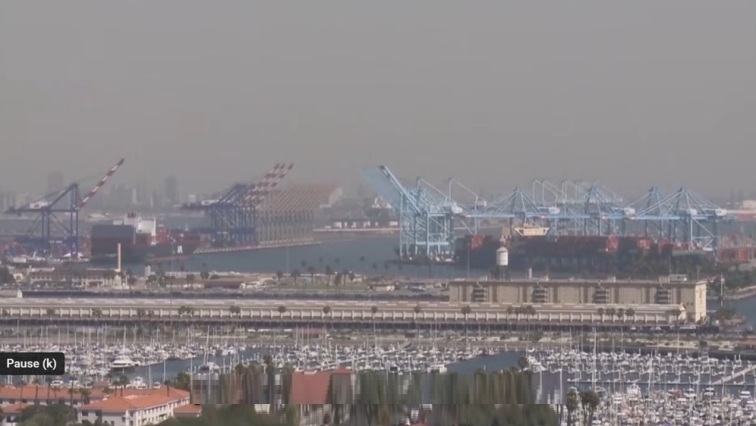
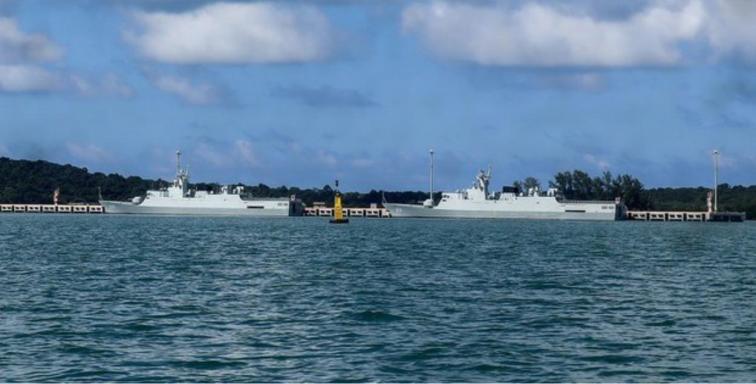
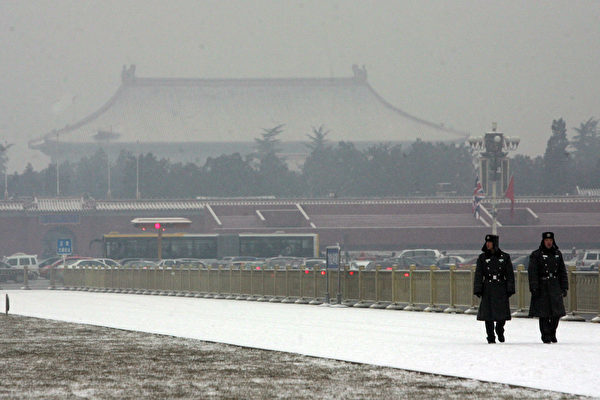



News magazine bootstrap themes!
I like this themes, fast loading and look profesional
Thank you Carlos!
You're welcome!
Please support me with give positive rating!
Yes Sure!